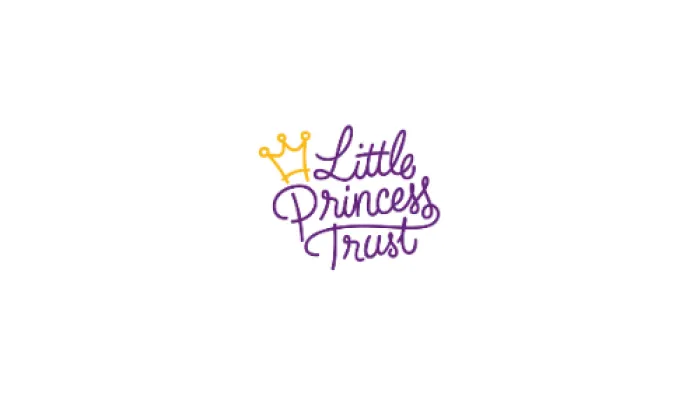Funded by the Little Princess Trust and administered by CCLG
Lead investigator: Professor Suzanne Turner, University of Cambridge
Award: £299,858.00
Awarded May 2025
The challenge
We now know that each case of lymphoma, a type of blood cancer, is as unique as each child - every tumour contains a totally unique mix of different types of cancer cells. This individuality comes from the genetic code (DNA), which contains the mutations that caused the cancer. However, it’s not just the sequence of the genetic code that matters, but also how it is read and interpreted.
In each cell, the DNA is being translated into actions and proteins that affect the cell’s behaviour. This interpretation of the genetic code is called ‘epigenetics’ and is really important in deciding how cancer cells respond to treatment. However, scientists historically couldn’t look at how DNA is interpreted, so we do not know enough about how individual lymphoma cells within a tumour behave.
The project
Professor Suzanne Turner and her team at the University of Cambridge plan to use new techniques to monitor individual lymphoma cells in real time within a growing tumour. They have developed patient ‘avatars’, where tumours donated by children with lymphoma are grown in special mice. This is more realistic than just growing cells in a plastic dish. Within these tumours, the cells will be labelled with a genetic ‘barcode’ that allows the researchers to recognise and track individual cells over time.
Using this approach, the researchers will learn how cells adapt and change when they are exposed to chemotherapy. They hope to find an epigenetic reason why some cancer cells are resistant to chemotherapy, or how some cells hide away to later regrow and cause relapse.
The impact
Prof Turner hopes that the unprecedented level of detail on lymphoma cell behaviour will allow the team to design better treatment strategies. This is particularly important for children with B-cell lymphoma, as if the cancer grows back or resists treatment, there is less than a 30% chance of survival.

The Little Princess Trust
This project was funded by The Little Princess Trust. They fund research projects in partnership with CCLG, combining CCLG's research funding and grant management expertise with The Little Princess Trust's fantastic fundraising to support world-class scientific research.

